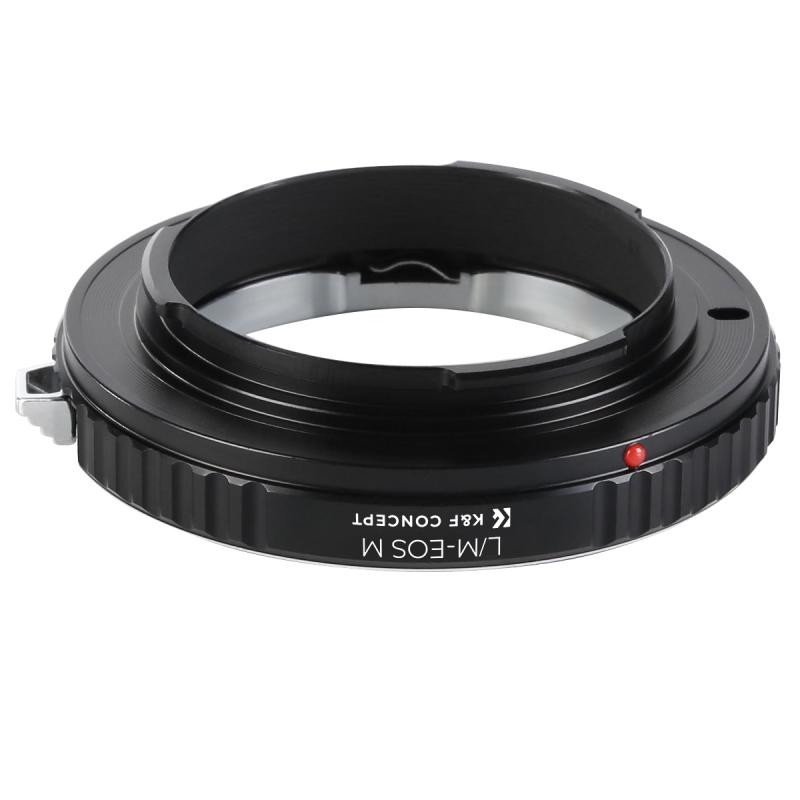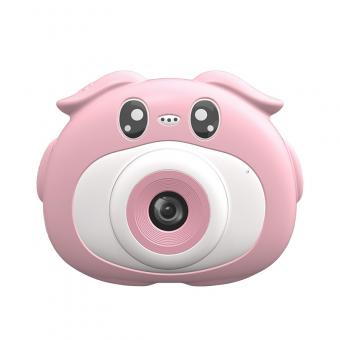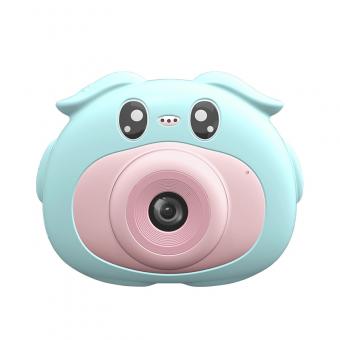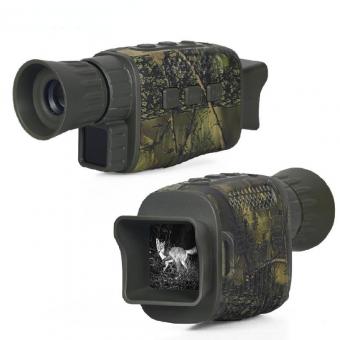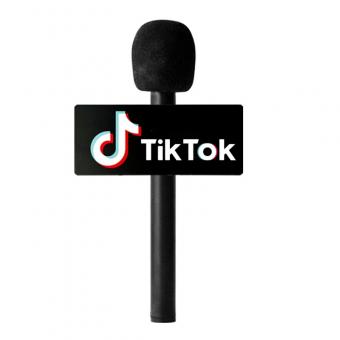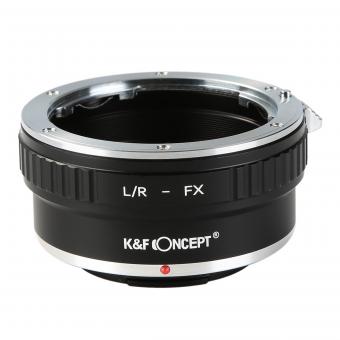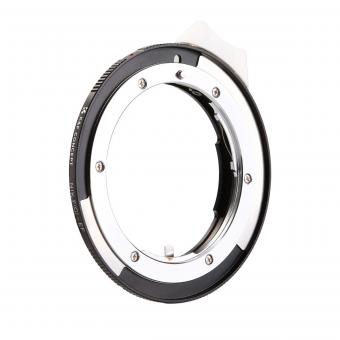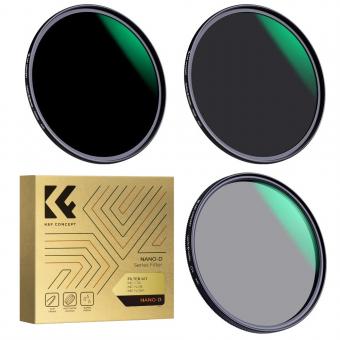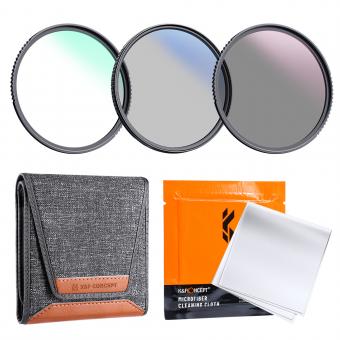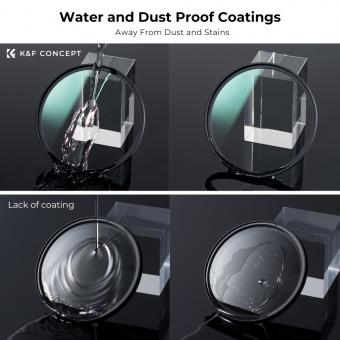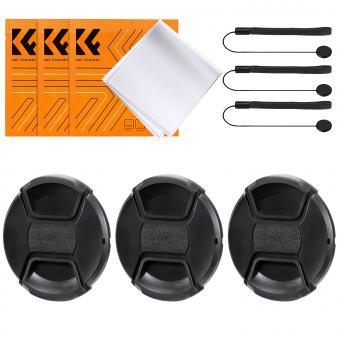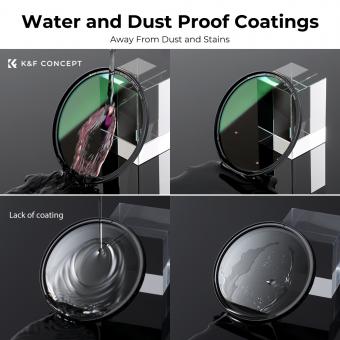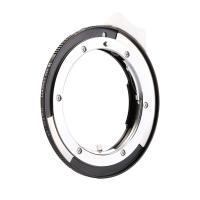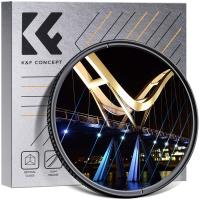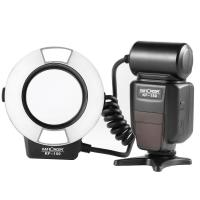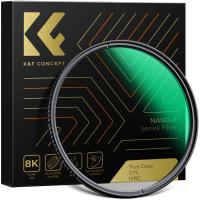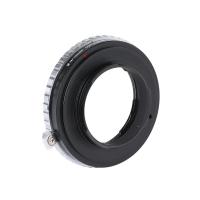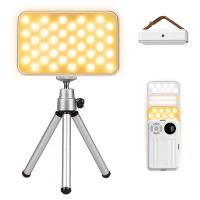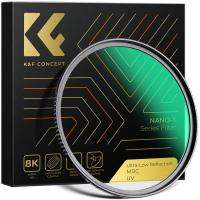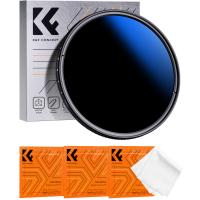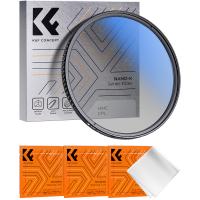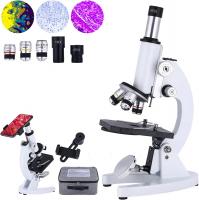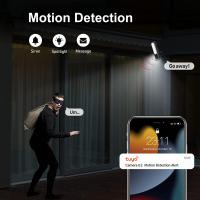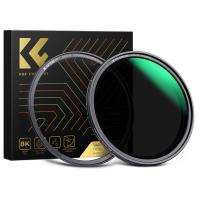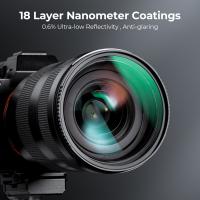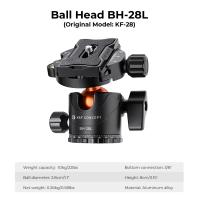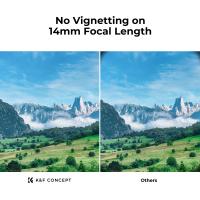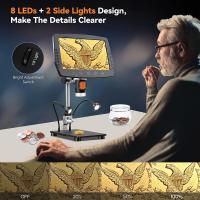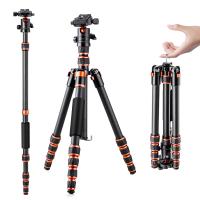Are Lens Adapters Any Good ?
Lens adapters can be a useful tool for photographers and videographers. They allow you to use lenses from different camera systems on your camera body, expanding your lens options and creative possibilities. However, the quality and performance of lens adapters can vary depending on the specific adapter and the combination of lenses being used. Some high-quality adapters can maintain the full functionality of the lens, including autofocus and image stabilization, while others may have limitations. It is important to research and choose a reputable adapter that is compatible with your camera and lens combination to ensure optimal performance.
1、 Compatibility with different camera systems
Lens adapters can be a useful tool for photographers who want to use lenses from different camera systems on their own camera bodies. However, whether or not lens adapters are any good depends on various factors.
One of the main advantages of lens adapters is their compatibility with different camera systems. They allow photographers to use lenses from different manufacturers, opening up a wider range of lens options. This can be particularly beneficial for photographers who have invested in a specific lens collection and want to continue using those lenses when switching camera systems.
However, it is important to note that lens adapters may have limitations. While they can physically connect lenses from different systems, not all functionalities may be fully supported. Autofocus speed and accuracy, as well as electronic communication between the lens and camera body, may be compromised. This can result in slower autofocus performance or the inability to use certain features of the lens.
Additionally, using lens adapters may affect image quality. The adapter introduces an additional element between the lens and camera body, which can potentially degrade image sharpness or introduce optical aberrations. The extent of this degradation will depend on the specific adapter and lens combination used.
It is worth mentioning that lens adapter technology has improved over the years, and some adapters now offer better compatibility and performance than earlier versions. However, it is still important to research and choose a high-quality adapter that is specifically designed for the lens and camera combination you intend to use.
In conclusion, lens adapters can be a good option for photographers who want to use lenses from different camera systems. However, it is important to consider the potential limitations in terms of autofocus performance, electronic communication, and image quality. Researching and investing in a high-quality adapter can help mitigate these issues and ensure a better overall experience.
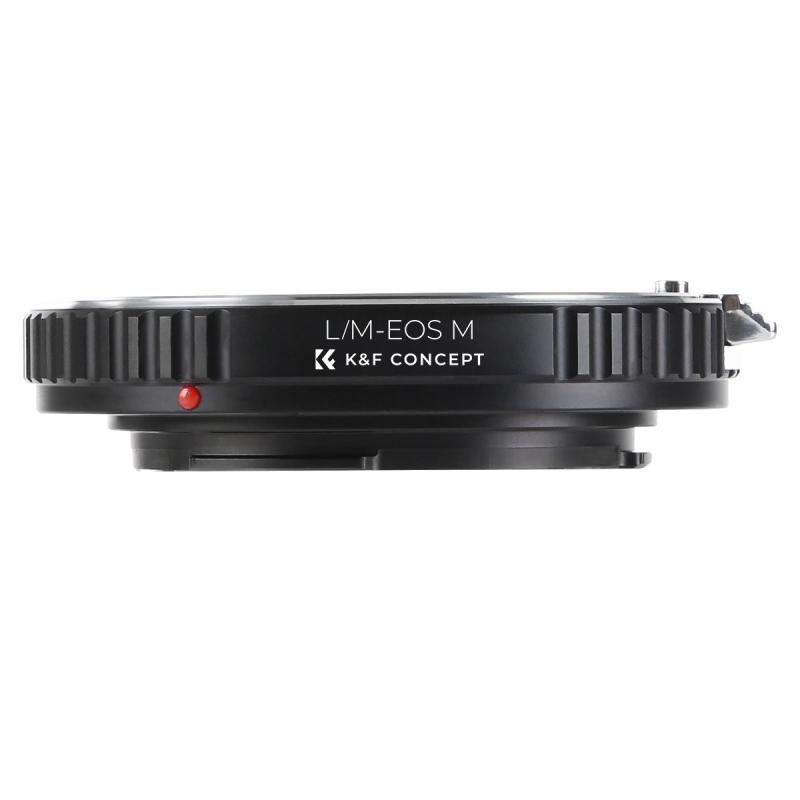
2、 Image quality and sharpness
Lens adapters can be a useful tool for photographers who want to expand their lens options and experiment with different focal lengths or lens types. However, when it comes to image quality and sharpness, the performance of lens adapters can vary.
In general, lens adapters are designed to maintain the image quality of the lens being used. They allow photographers to mount lenses from different camera systems onto their camera bodies, ensuring compatibility and functionality. However, it's important to note that using a lens adapter introduces an additional element between the lens and the camera sensor, which can potentially impact image quality.
The quality of the adapter itself plays a significant role in determining the image quality and sharpness. Higher-quality adapters are typically made with precision engineering and materials that minimize any potential loss in image quality. These adapters often have precise lens mounts and electrical contacts to ensure proper communication between the lens and the camera body.
It's also worth mentioning that advancements in lens adapter technology have improved their performance in recent years. Some adapters now feature electronic contacts that allow for autofocus and aperture control, further enhancing the user experience and minimizing any potential loss in image quality.
However, it's important to keep in mind that even with high-quality adapters, there may still be some compromises in image quality. These compromises can include reduced sharpness, increased vignetting, or distortion. The extent of these compromises can vary depending on the specific lens and adapter combination being used.
In conclusion, lens adapters can be a good option for photographers looking to expand their lens options. While image quality and sharpness can be affected to some extent, using high-quality adapters and being aware of potential compromises can help minimize any negative impact on the final image.
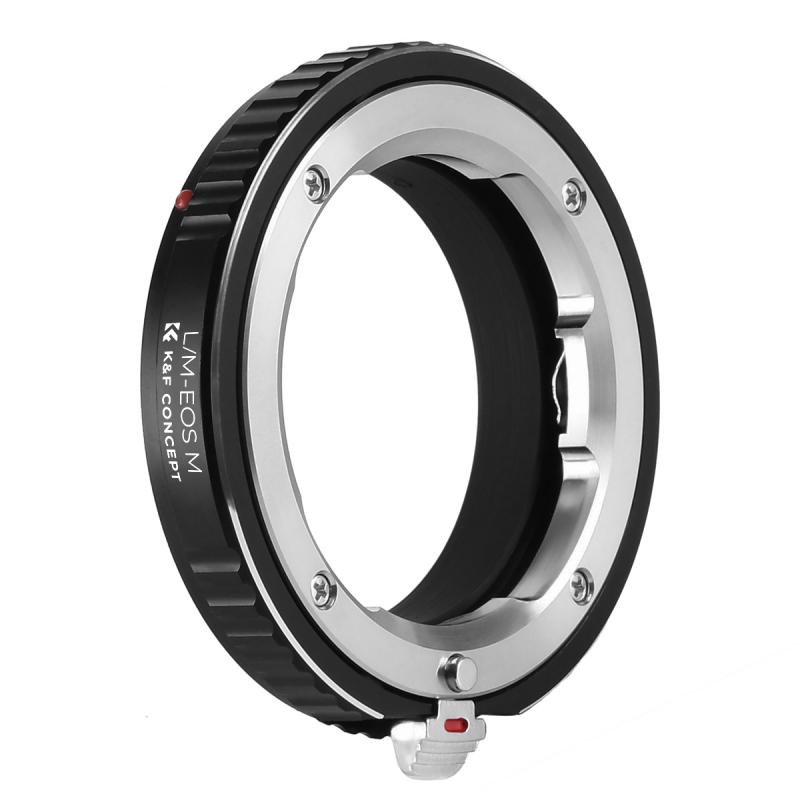
3、 Autofocus performance and accuracy
Lens adapters can be a useful tool for photographers who want to use lenses from different camera systems on their own camera bodies. However, the performance and accuracy of autofocus when using lens adapters can vary depending on several factors.
In general, lens adapters are designed to maintain the electronic communication between the lens and the camera body, allowing for autofocus functionality. However, it is important to note that not all lens adapters are created equal. Some adapters may not fully support autofocus or may have limitations in terms of speed and accuracy. It is crucial to do thorough research and choose a high-quality adapter that is specifically designed for the lens and camera combination you intend to use.
The latest lens adapters have made significant advancements in autofocus performance and accuracy. Many adapters now feature advanced autofocus systems that can rival the performance of native lenses. Some adapters even incorporate additional features such as phase-detection autofocus, which further enhances the autofocus capabilities.
However, it is important to keep in mind that even with the latest advancements, there may still be some limitations when using lens adapters. Certain lenses may not be fully compatible with certain camera bodies, resulting in slower or less accurate autofocus performance. Additionally, the autofocus performance may vary depending on the specific shooting conditions, such as low light or fast-moving subjects.
Overall, lens adapters can be a good option for photographers who want to expand their lens options without investing in a completely new camera system. However, it is essential to choose a high-quality adapter and be aware of the potential limitations in autofocus performance and accuracy.
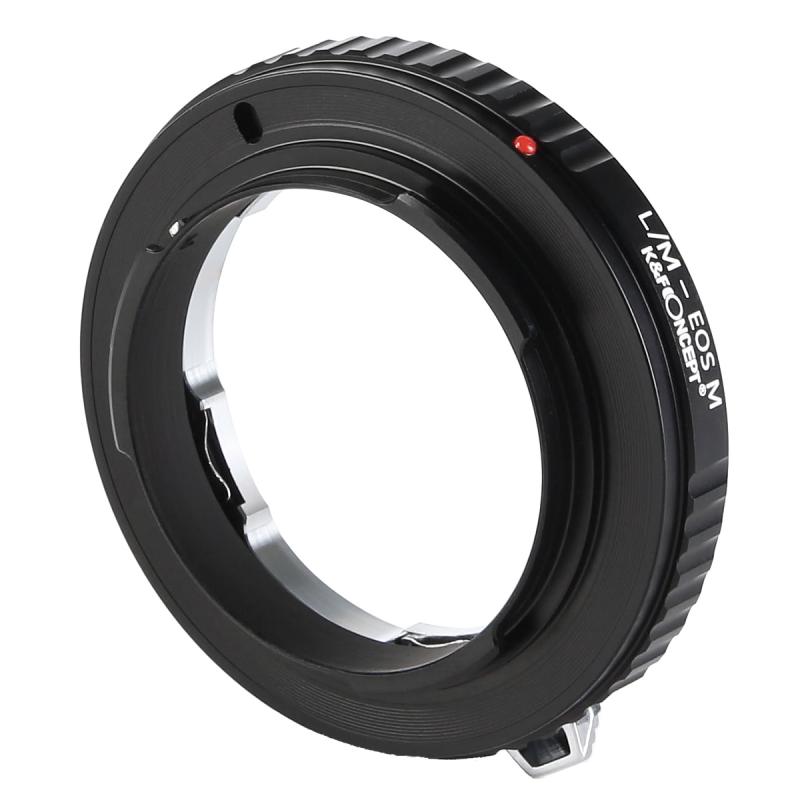
4、 Vignetting and distortion correction
Lens adapters can be a useful tool for photographers who want to use lenses from different camera systems on their own camera bodies. However, whether or not lens adapters are any good depends on various factors.
One of the main concerns when using lens adapters is the potential for vignetting and distortion. Vignetting refers to the darkening of the corners of an image, while distortion refers to any unwanted changes in the shape or proportions of the subject. These issues can arise when using a lens designed for a different camera system, as the adapter may not perfectly align the lens with the camera's sensor.
However, it is important to note that lens adapters have come a long way in recent years. Many manufacturers now produce high-quality adapters that minimize vignetting and distortion. Some adapters even include electronic contacts that allow for communication between the lens and the camera body, enabling features like autofocus and aperture control.
That being said, it is still important to choose a reputable adapter from a trusted manufacturer. Cheaper, low-quality adapters may not provide the same level of performance and may introduce more vignetting and distortion. Additionally, it is worth considering that using a lens adapter may not fully utilize the capabilities of the lens or camera system, as certain features may be limited or unavailable.
In conclusion, lens adapters can be a good option for photographers who want to use lenses from different camera systems. However, it is crucial to choose a high-quality adapter to minimize vignetting and distortion. Keeping up with the latest developments in lens adapter technology can also help in making an informed decision.
